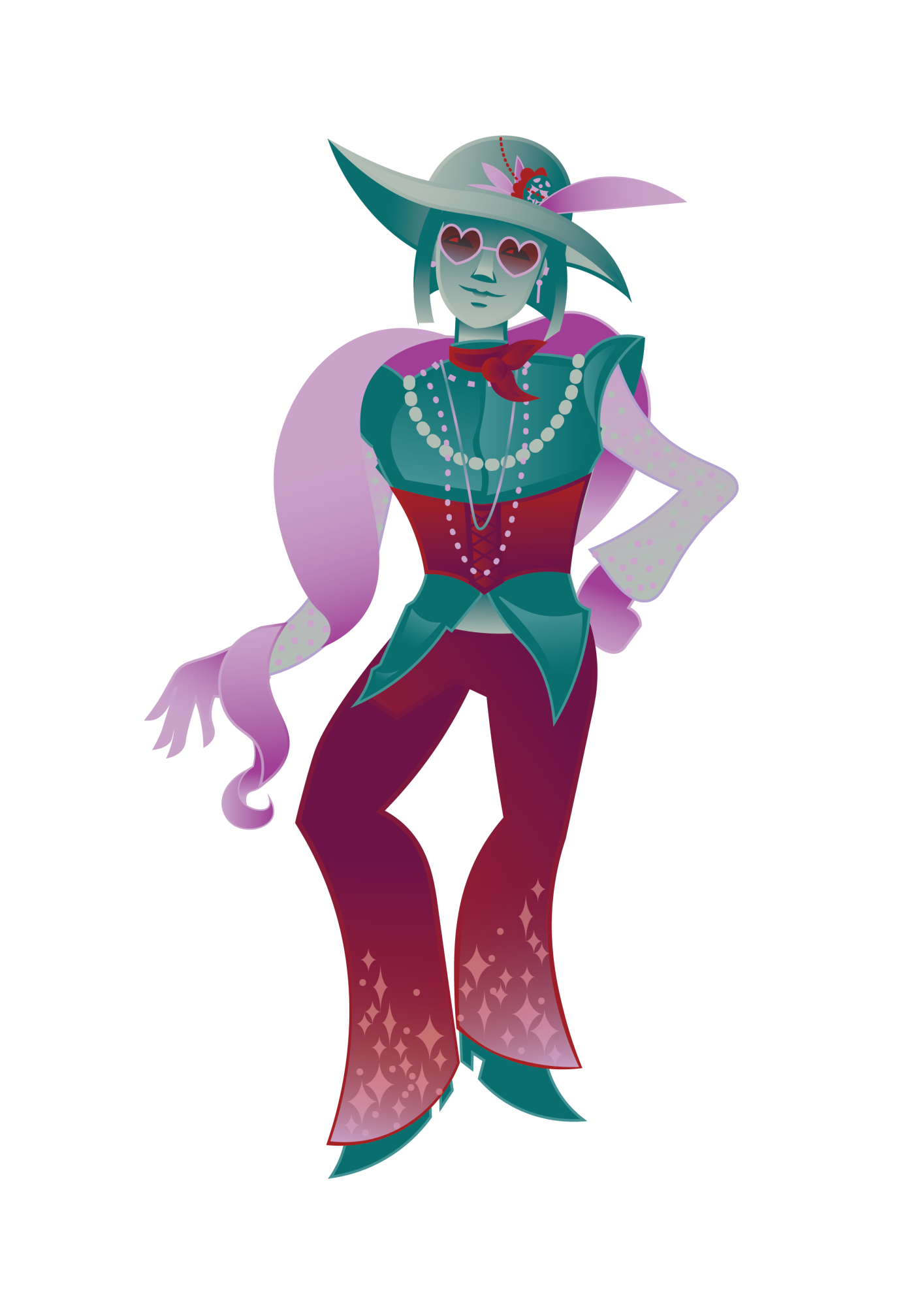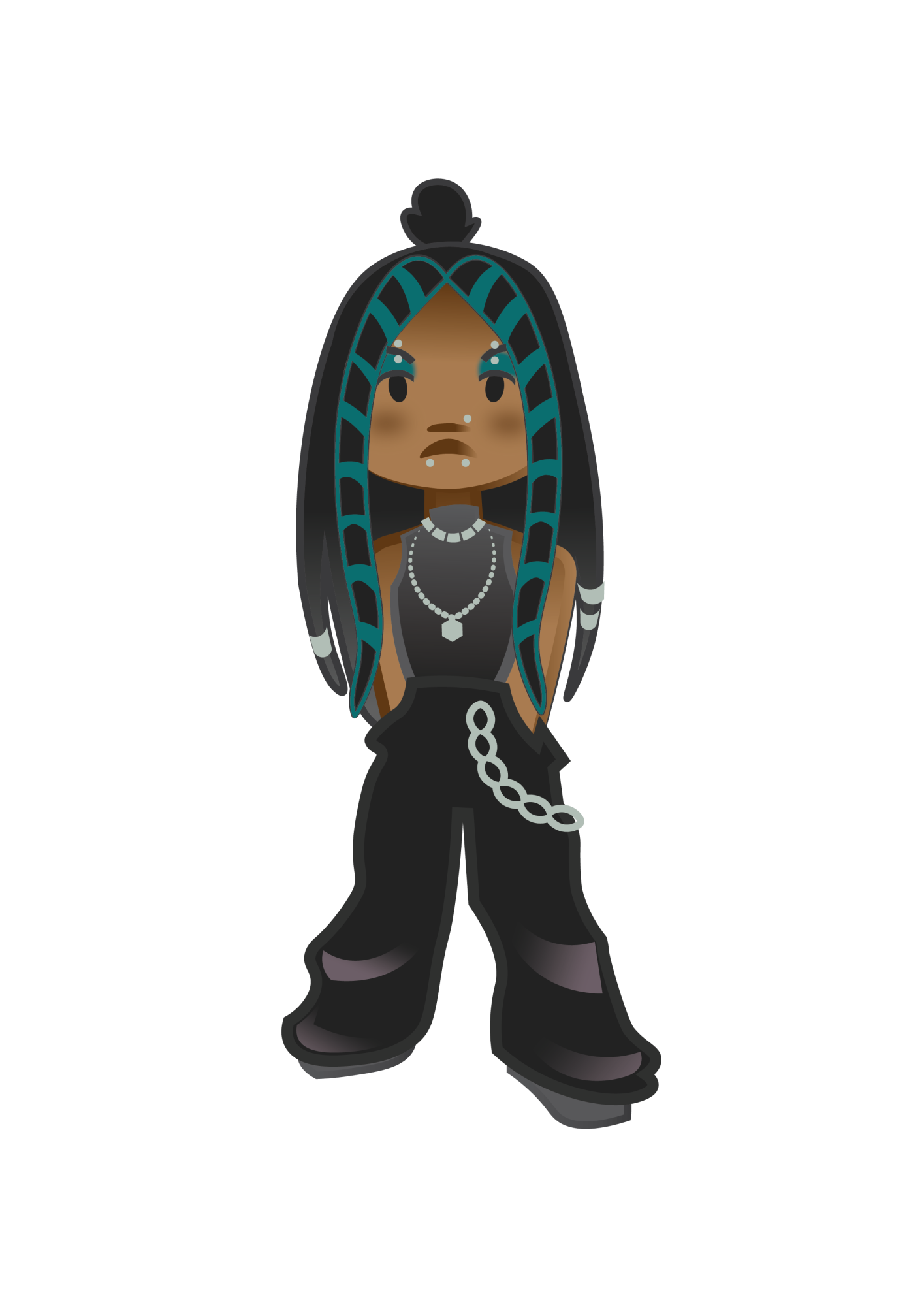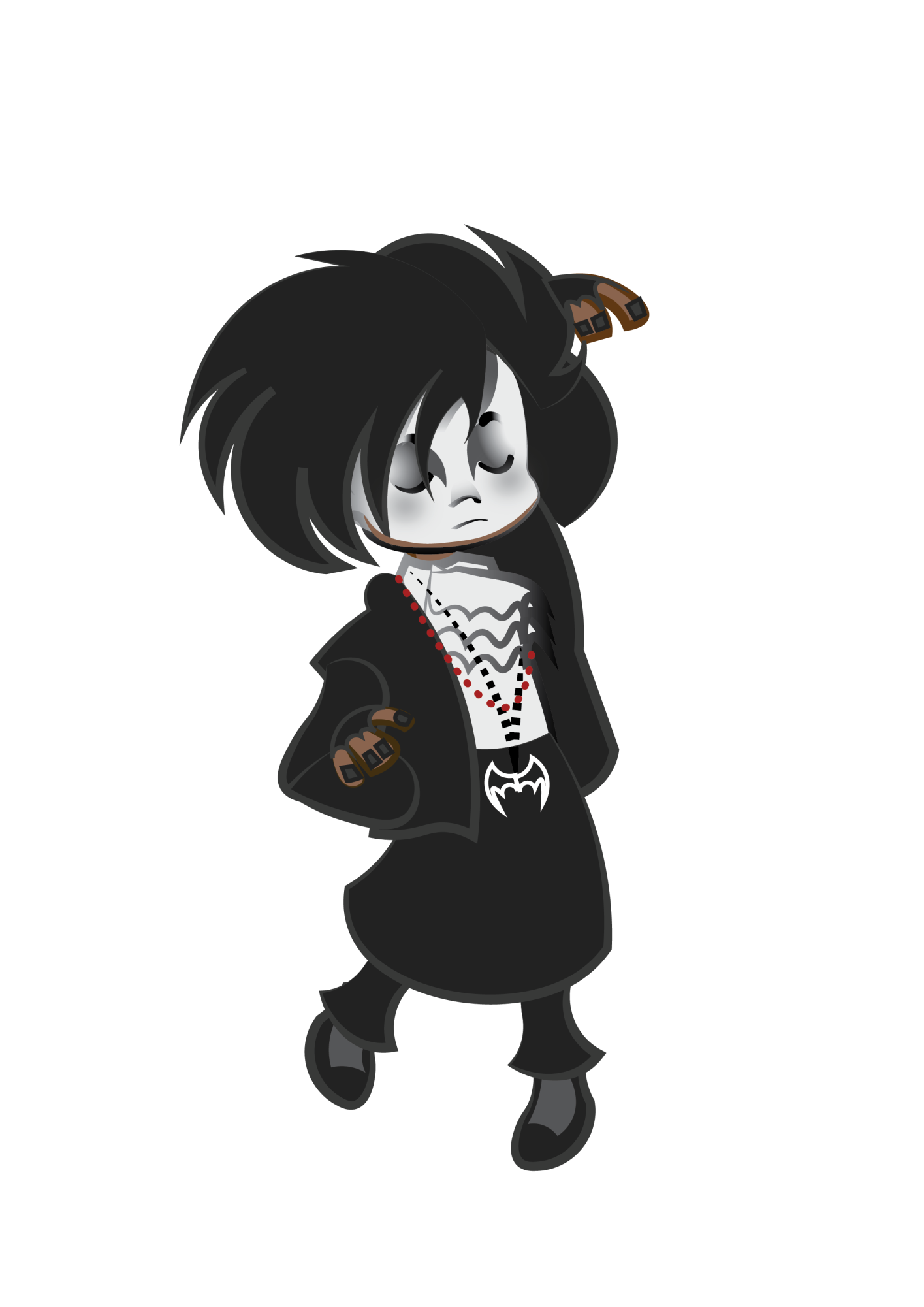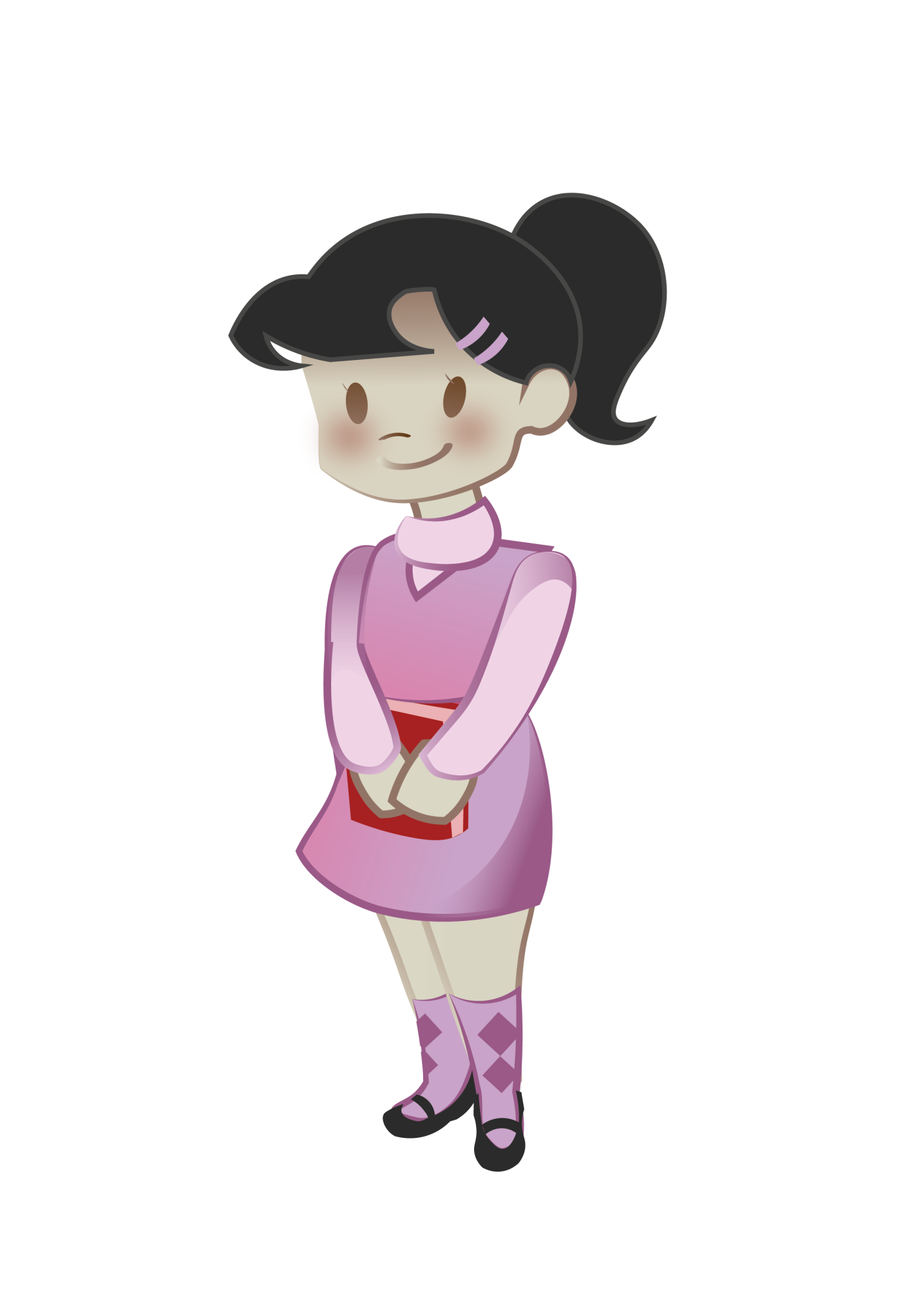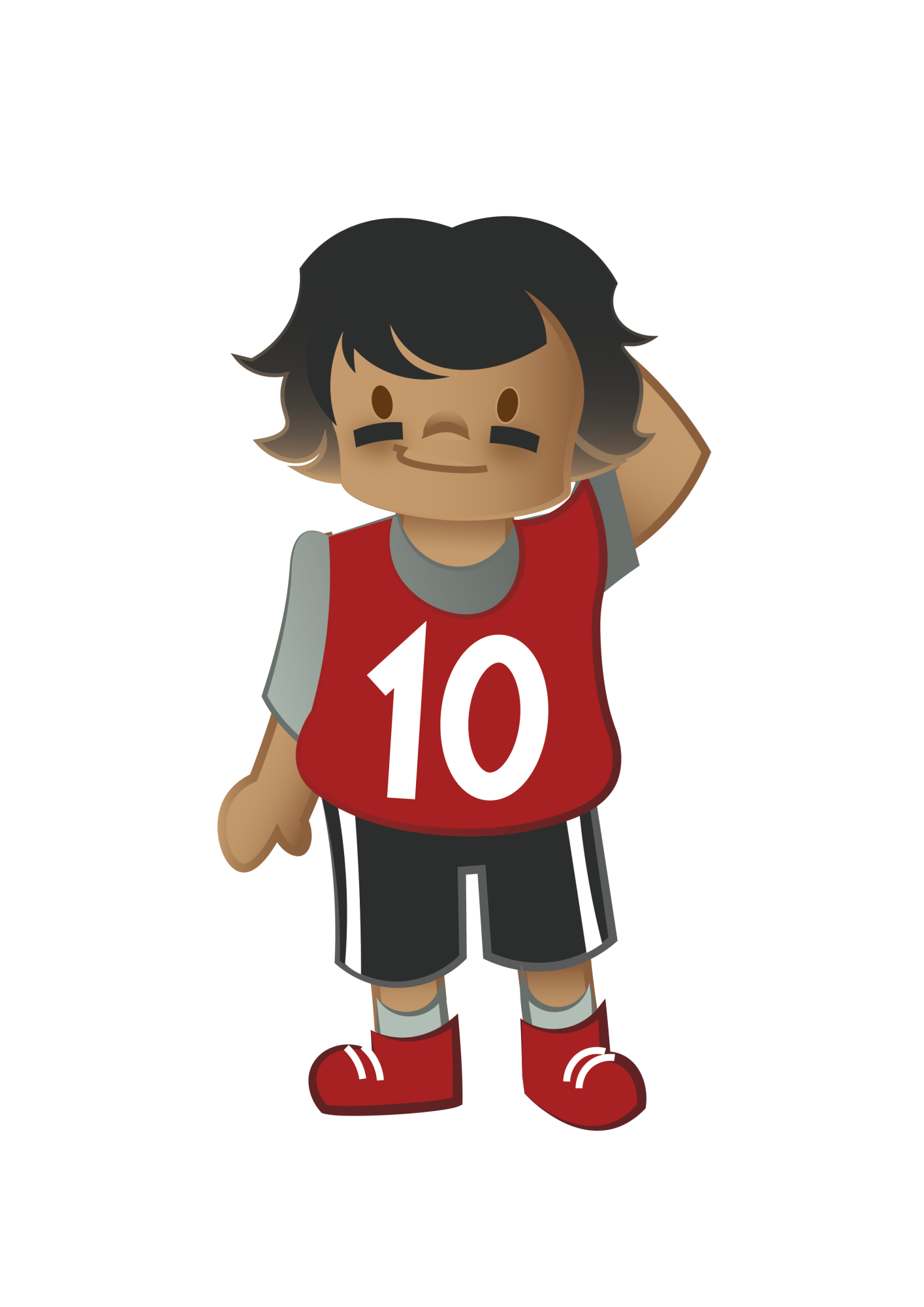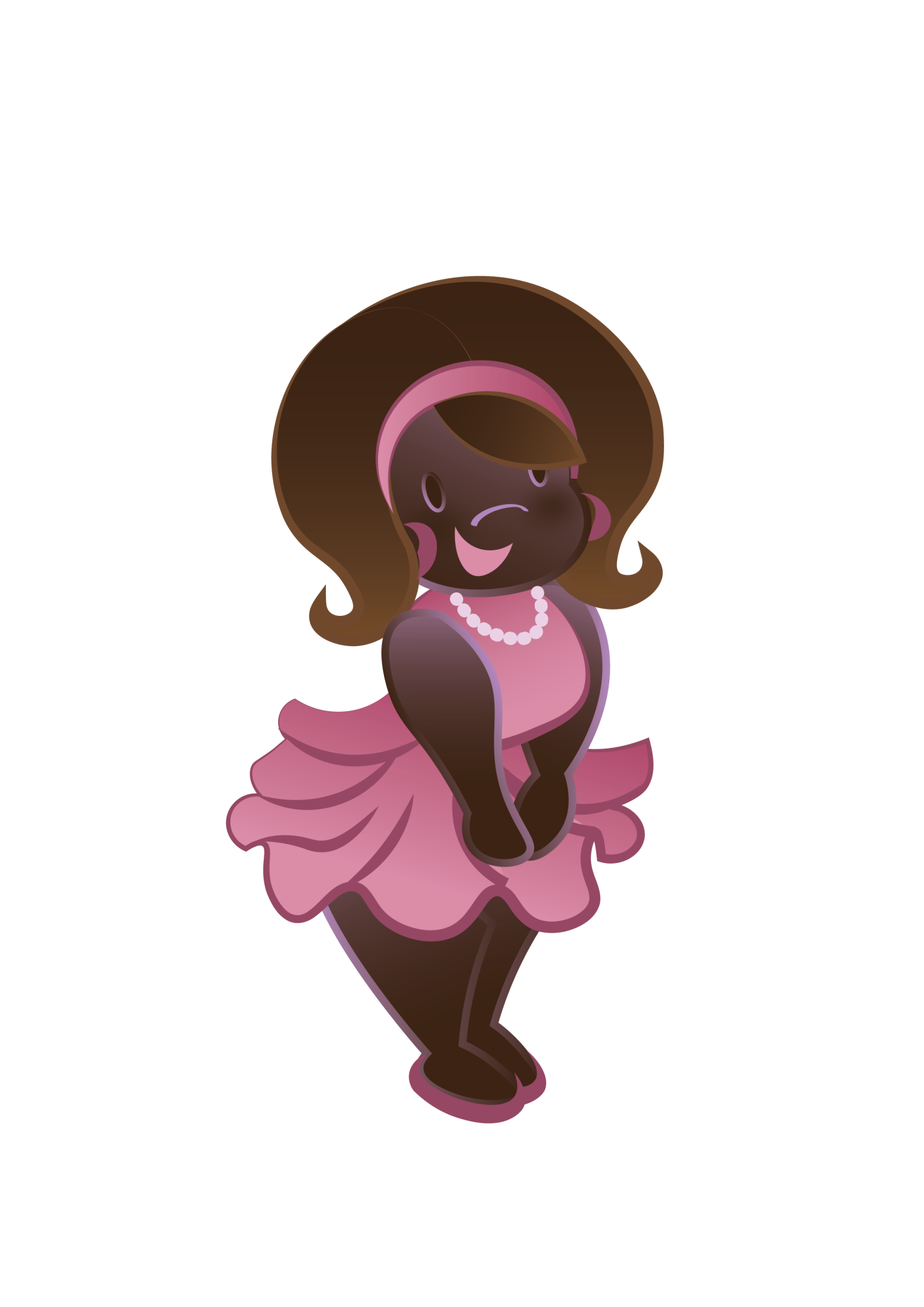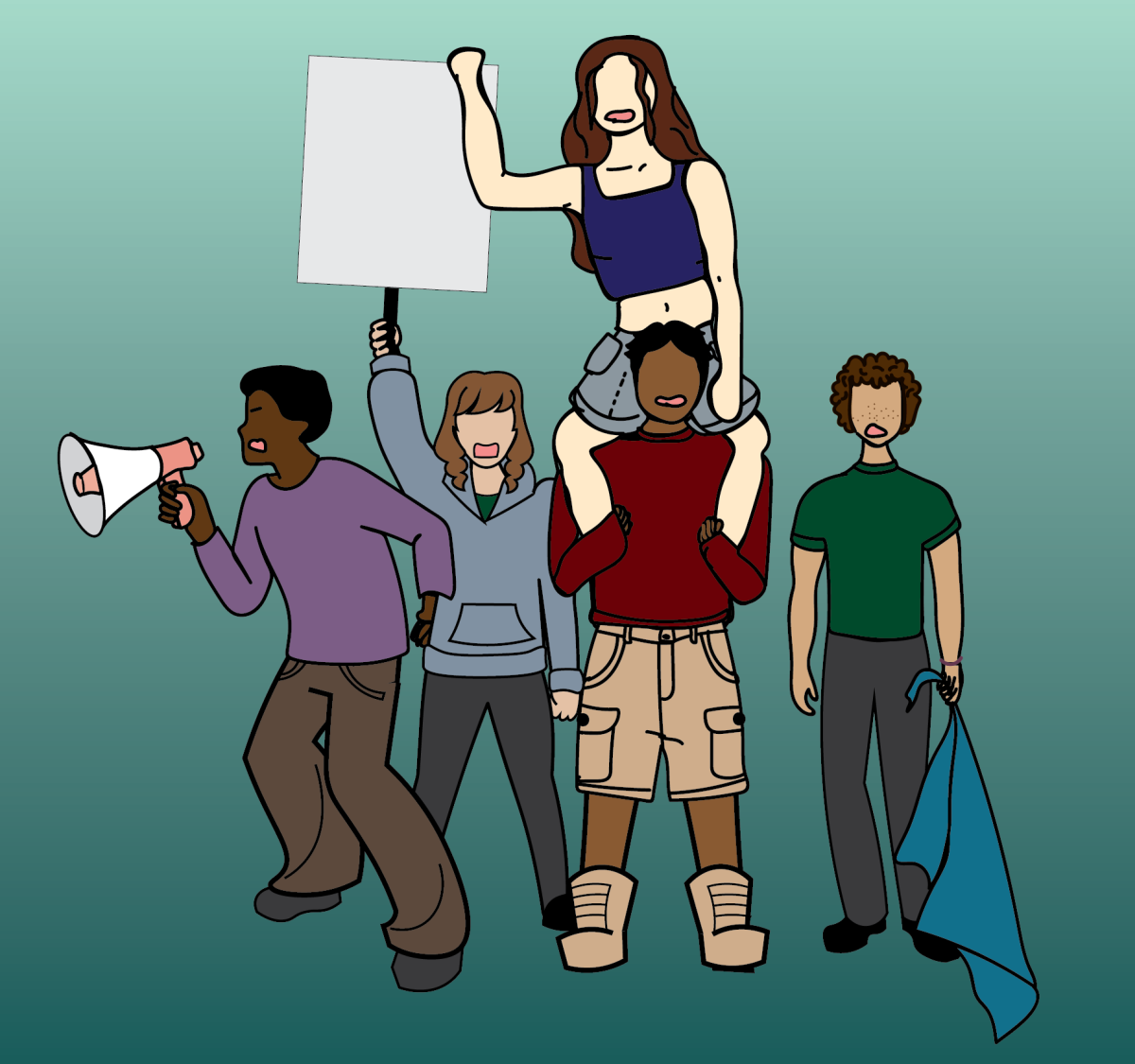Styling self love
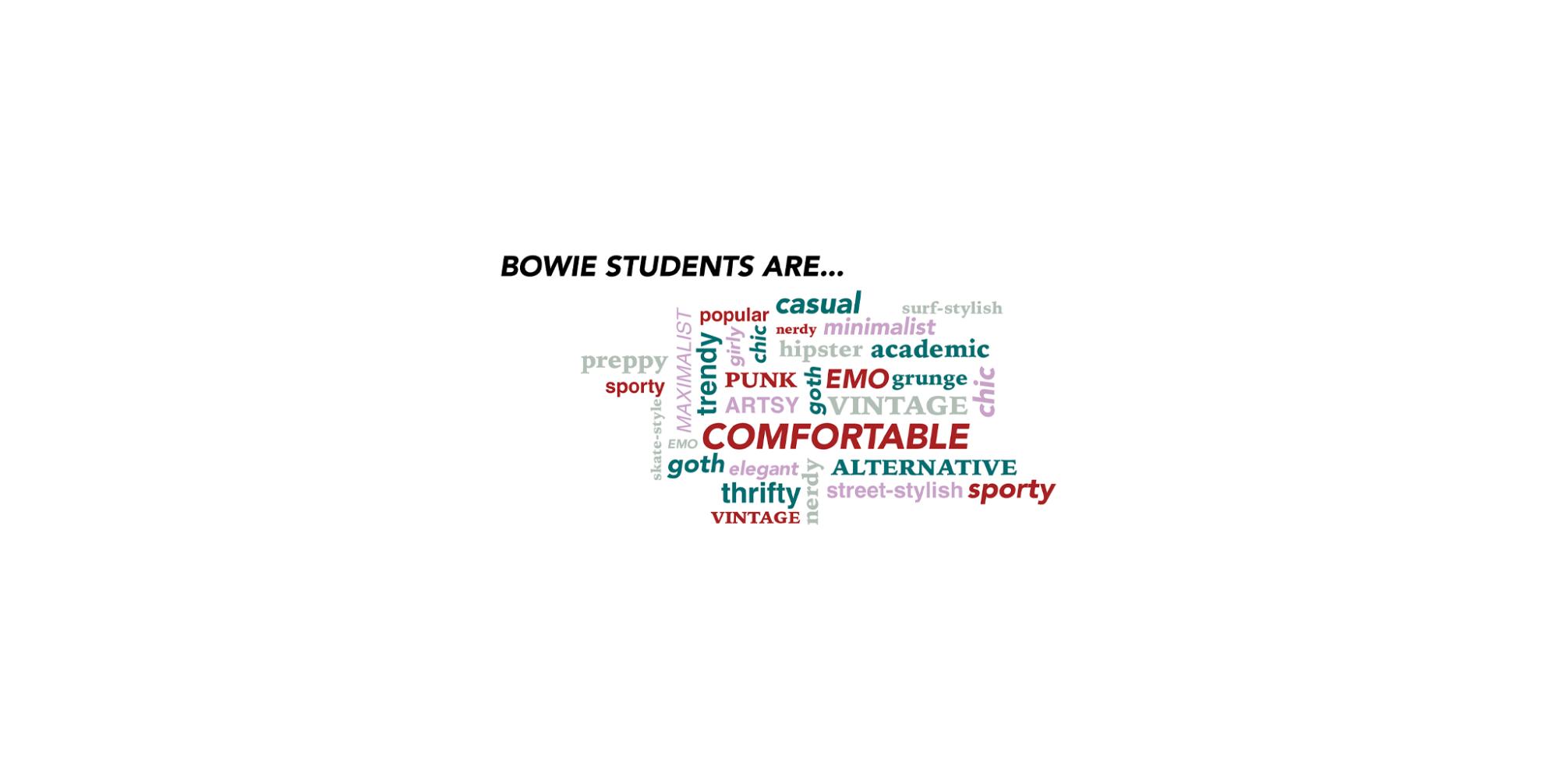
Everything she wears comes with a story.
As sophomore Emily LeJeune glances in the mirror, she swells with pride. Her eyes are pulled to the bright yellow sweater spread across her shoulders, one of her favorites; thrifted from Goodwill, bought by a mother who knows her daughter’s style. The long, black skirt wrapped around her waist was specifically bought to see Book of Mormon at Austin on Broadway, but she ended up loving it so much that it became a staple in her wardrobe. She stood in soft, colorful socks that were knitted by one of her father’s old co-workers, and her shoes were scuffed, worn-in by her mother during her school years in the ‘90s.
These stories have built her character, and she loves that she can use her clothing to portray the things that are important to her. Symbolism is braided and weaved into every stitch she wears, filling her with love for her clothes and those who they came from. She knows that, no matter what outfit she creates, it will be an empowering piece that connects her to those she loves, wrapping around her in an embrace that makes her look, and feel, beautiful.
“Fashion is important because it reflects who you are,” LeJeune said. “Style is different for everyone because we are all so unique, and it’s nice to see how people take their passions and apply them to their fashion. It creates an amazing community, and it’s a way to show yourself and your story to the world.”

According to senior Kinda Natsheh, fashion is key to self-expression. She feels that the clothes we wear communicate our personality, mood, and identity to others. When she feels good about the way that she looks, her clothing raises her confidence in a way that no other medium can do. Natsheh follows a trendy style, but she ensures that it is still comfortable, casual, and true to her personality.
“My style is very trendy, but I like to give it unique qualities, so it’s still me,” Natsheh said. “It took me a while to get comfortable with what I wear, but once you allow yourself to step out of your comfort zone, you can find styles and pieces that can be really special and unique to you. It just makes me really happy and it makes me feel like I know what I’m doing.”
According to the University of Fashion, music and clothing share an inextricable role in demonstrating the individuality, political beliefs, and personal interests of its users. Junior Kinnley Shillings couldn’t agree more; she often uses her clothing to stand out from the crowd, while she expresses her love for her favorite bands. Her closet is stuffed with the designs and logos from bands like Deftones, Tool, Superheavan, and many more.
“I like being able to show myself in a way where everybody can see the real me,” Shillings said. “Style and fashion are so personalized, it shows who you really are as a person, what you can be and what you want to be. It helps people understand you, and I love to be able to stand out like that.”
For senior Adrian Ferretiz, fashion has allowed him to create a community of confidence-boosting friendships. He feels that his clothing often allows him to say what cannot be said, to present his engaging, colorful personality that otherwise might be overlooked based on a quiet demeanor; he feels that fashion is empowering and can help people reclaim control of their image.
“With fashion, you are able to outwardly present yourself to others, without even having to say anything,” Ferretiz said. “I have met lots of my friends because we all try to pick out and create our own styles, and it’s fun to be a part of that little circle of people trying to wear cool outfits.”
LeJeune believes fashion doesn’t always have a positive impact, though. Societal expectations in the fashion industry can play a role in mental health issues like anxiety, depression, and body dysmorphia. She believes that fixations on appearance can lead to harmful cycles of comparison, self-criticism, and struggles to improve mental health or well-being.
“People will compare themselves to fashion models and supermodels, and it makes them get insecure about the tiniest things in themselves, things that don’t really matter,” LeJeune said. “I can understand insecurities, they are real and they exist. But getting insecure over the way your eye curves down, or the way that your nose looks? It feels almost unnecessary to focus on these minor features, and it sucks that a lot of people struggle with these problems.”
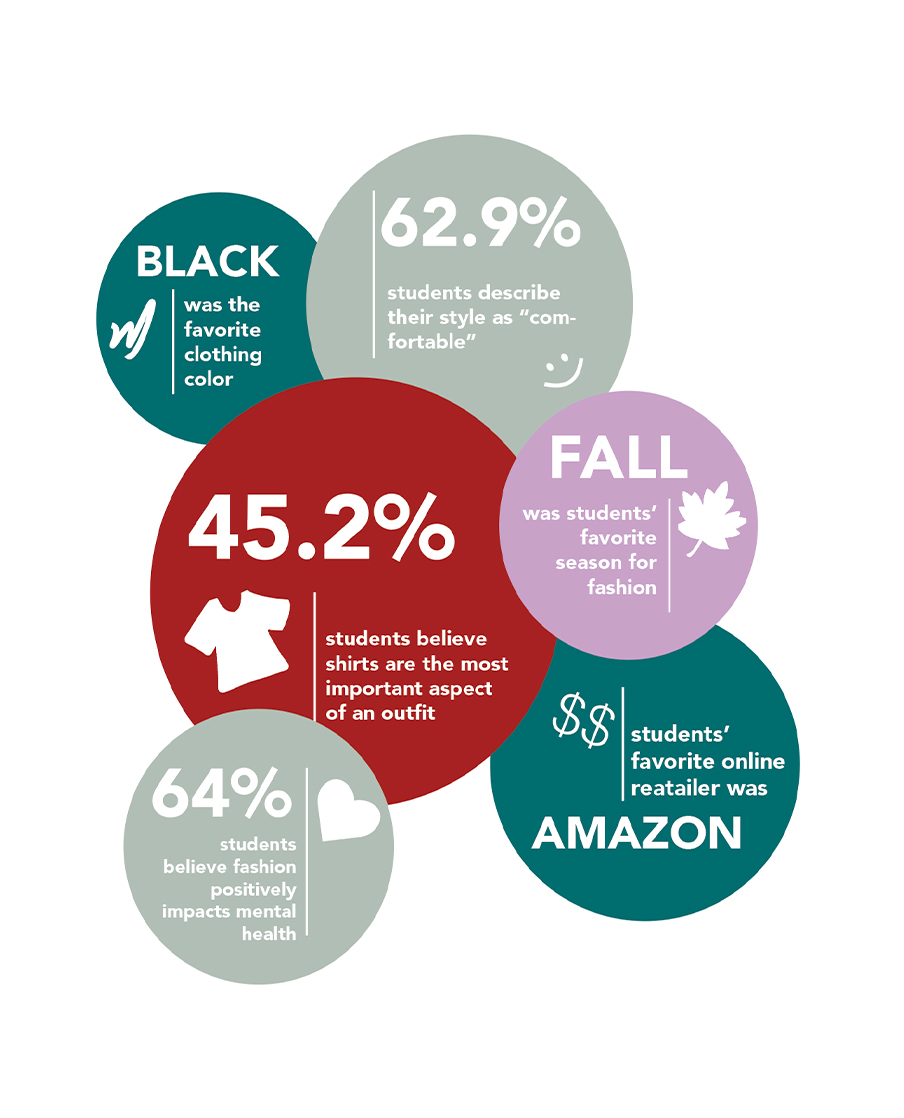
Sophomore Avery Loyd grew up dancing. She spent hours and hours every week in a ballet class, where skin-tight costumes and community standards shunned anybody whose body type did not follow the typical size and shape expectations. These conditions affected Loyd’s confidence in her body image; she has grown since then, and she now recognizes the beauty inherent in each and every individual, including herself.
“For a long time, I wanted to hide my body from people,” Loyd said. “But in the past few years, I’ve learned that everyone is built different, and it’s okay to be built that way. You shouldn’t have to apologize for looking a certain way, because you have no power over it. Embrace yourself, because you are unique, and you are awesome, and no one can take that away from you.”
According to clothing brand June Adaptive, those who experience clothing anxiety commonly feel self-conscious or uncomfortable in exploitative clothing. This problem is further broadened as the pressure to conform to certain trends or standards weighs in on teen’s minds, potentially leading to body image issues and other negative impacts on mental health.
“Fashion began to impact my mental health as I came into high school,” Ferretiz said. “Once I started to care more about my image, I wanted to try to look good for other people. Eventually I stopped caring what others think, and wore my clothing for myself. If I decide to wear the same cardigan multiple times this week, who cares? Why not? I have learned to present myself nicely for my own confidence, not necessarily for others.”
Natsheh has had similar experiences. She comes from a culture that dresses in very modest clothing, where it is more common and acceptable to wear less revealing clothing. Having been a young teen during the COVID-19 pandemic, Natsheh gained weight and her body had matured in ways that made it hard for her to decide what was appropriate for both her body, and her culture.
“There were just so many factors that went into picking an outfit and figuring out how to see myself,” Natsheh said. “I had really bad body dysmorphia, and the culture didn’t make it any easier. I love my culture, but it can sometimes be hard to balance it with other aspects of my life.”
Although this was a challenging time for Natsheh, she truly loves her culture and the community it places her in. Throughout her high school career, she has been exploring her sense of self in conjunction with her culture’s conservative style, to find the union between the two things that are so important to her. She encourages others to explore their own core values, and learn how to apply these to the image they are trying to create.
“Once I started learning more about my body shape and what clothing works best for me, I really began accepting how I look,” Natsheh said. “It’s different for every person, but it’s important to understand yourself before you care about what others see in you.”
Ferretiz suggests minimizing the focus on outside expectations when building a self-image, as he knows that conventional beauty standards often push for conformity in a way that discourages individual style.
“It’s important to love yourself and your image, because you matter and you should do what’s best for you,” Ferretiz said. “You need to put down expectations, focus more on yourself, and don’t worry about other’s ideas about you. If you can’t change something about yourself, embrace it.”
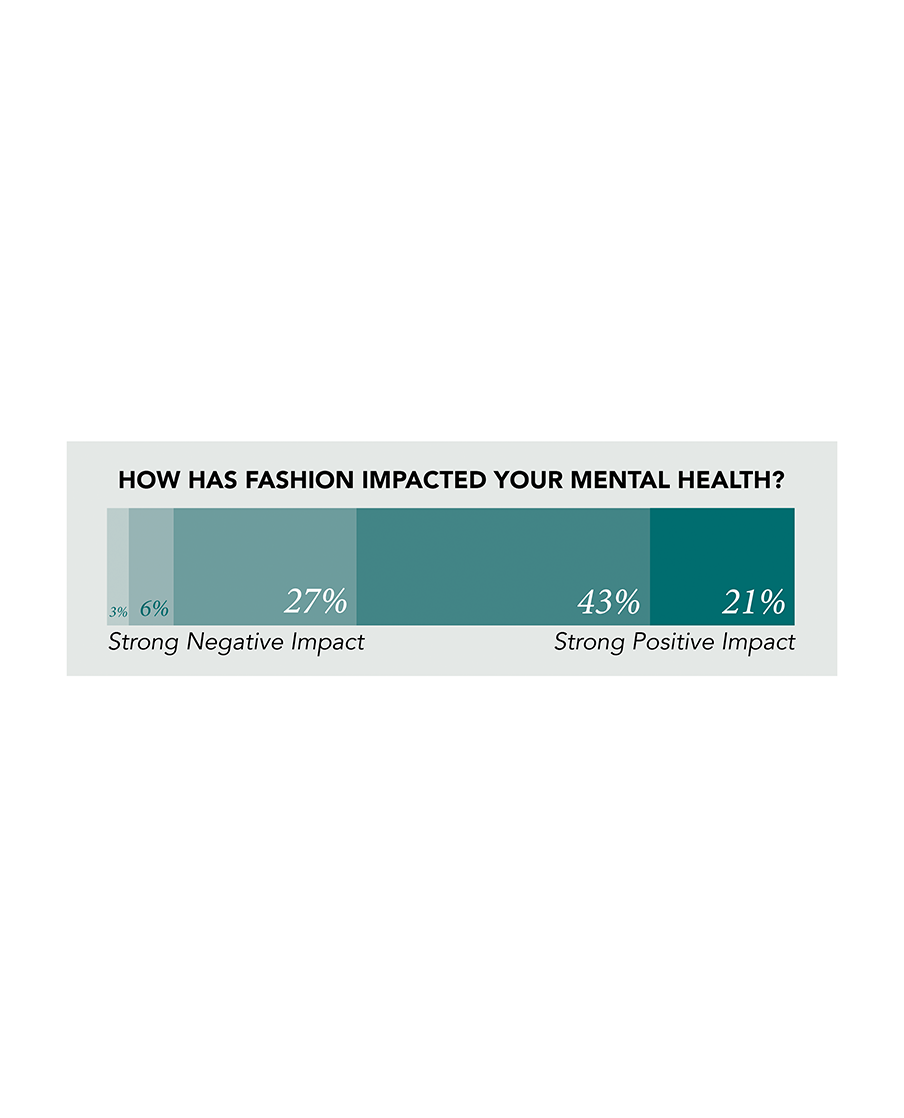
According to a 2012 study from Northwestern University, wearing certain clothes has a tangible effect on a person’s mental and physical health; this concept is known as “enclothed cognition,” which refers to the symbolic meaning of fashion and its influence on our mental state. Loyd dresses in professional basics to create a stronger image for herself, as she is beginning to step into the business world.
“My clothes betray a certain point of professionalism for me, because it helps adults take me more seriously, and it helps my peers take me more seriously,” Loyd said. “I’m trying to branch out my professional life right now, and I know that mature clothing will help me do that.”
Natsheh believes that fashion is an important part of today’s society.
“Fashion is more than fabric,” Natsheh said. “It goes beyond what you wear. In some ways, fashion is art. Fashion is culture. It has developed over centuries. It’s something that we need to hold on to, something we should take pride in. Fashion is a very big part of what makes our community, a community.”
According to LeJeune, fashion can be an overlooked method to maintaining or improving mental health. A study by the National Library of Medicine has shown that routine dressing rituals can help people ward off thoughts that contribute to anxiety and depression. This is because getting dressed in the morning is a relatively-easy aspect of self-care that can help combat depressive tendencies, and in turn become a practice of mindfulness.
“In the past few years, I have been struggling with issues in my personal life,” LeJeune said. “But getting to put on something colorful and nice in the morning gives me this moment of happiness, a spark of joy in my mornings and can really make my day better.”
According to Shillings, fashion and mental health are linked in a complicated, contradictory relationship that can, and does, affect each individual in a different way. While fashion can be used as a tool for empowerment and self-expression, it can also be a force of conformity and self-consciousness. Natsheh believes it’s important to prioritize your own mental health, and make fashion choices that make you comfortable and confident in your own skin.
“Fashion is something that you can control,” Natsheh said. “The way you dress, the way you style yourself, it’s all in your hands. Your appearance is something you have to live with, so you may as well discover different ways to love yourself, because you’re going to have to stick with this body forever. Embrace your beautiful features, because they aren’t going anywhere without you.”
-
ALTERNATIVE
Alternative fashion focuses on self-expression and rebellion against mainstream beliefs and fashion trends. This is a broad style that encompasses many different subcultures, like punk, emo, lolita, and many more.
Colors:
black, white, red, blue
Similar to:
goth, grunge, emo
SOURCE: Medium Style Club
-
GOTH
This style is marked by dark clothing, hair, and makeup. Gothic culture emerged in the 1980s and stands for challenging societal norms and encouraging mystery and complexity in a world full of expectation and order.
Colors:
black, scarlet red, dark blue
Similar to:
alternative, grunge, hipster
SOURCE: Psylo Fashion
-
PREPPY
1900’s, and was primarily worn by wealthy students who attended Ivy Leagues or preparatory schools, hence the name. It now works to convey the cute, carefree vibes of wealthy students.
Colors:
burgundy, navy, white
Similar to:
academia, sporty, vintage
SOURCE: InStyle Fashion
-
SPORTY
Sporty outfits are all about a relaxed look. They are typically styled with comfortable clothes such as sweatpants, leggings, tank-tops, tennis shoes, and other pieces of clothing that can be worn during athletic activities.
Colors:
red, blue, gray, pink
Similar to:
casual, comfortable, chic
SOURCE: Autumn Love
-
VINTAGE
Found in thrift stores and hand-me-downs, this aesthetic is still developing. Modern styles typically feature woolly sweaters, patterned dresses, dress pants, and unique colors like pistachio green or burnt orange.
Colors:
green, yellow, pink, teal
Similar to:
academia, preppy, thrifted
SOURCE: LA Vintage Wholesale
Your donation will support the student journalists of James Bowie High School. Your contribution will help cover our annual website hosting costs. Any contributions made through this service are NOT tax deductible. If you would like to make a tax deductible donation OR to subscribe to our print edition, please contact us at [email protected].



